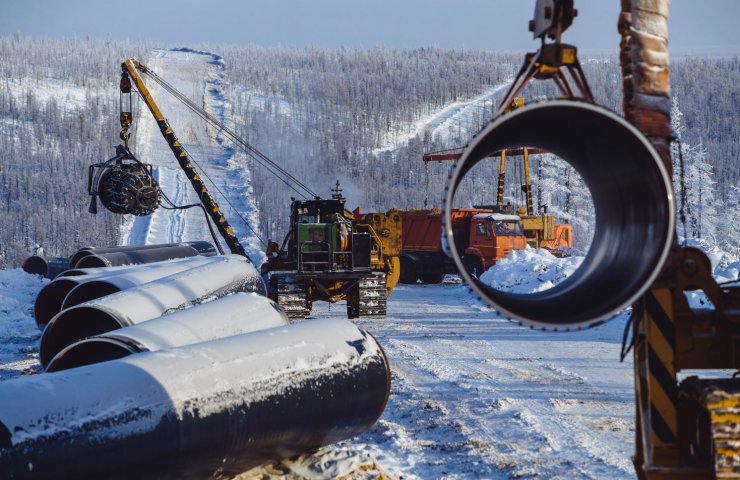Oil production in Russia is a particularly challenging environment for engineers. Pipes are constantly corroded by a mixture of oil and concentrated salt, which means that operating times are shortened and accidents are becoming more likely. This can be especially problematic, as the surrounding area is subject to dangerous levels of contamination from leaks.
Repairing is also not easy. Oil fields are often remote and natural conditions can be hostile. In the wilds of Siberia, weather conditions make the pipes require constant maintenance, while complicating the delivery and installation of replacement sections.
Fortunately, a new innovative technology from the Russian National University of Science and Technology (NUST) seeks to change the way these pipes are manufactured - increasing efficiency for companies and reducing not only operating costs and necessary repairs, but also the risk to the environment.
This innovative technology is based on a new steel grade - Severcor. The addition of chromium, copper and nickel during steelmaking means that the composition of the pipes can be carefully adjusted, thereby enhancing their anti-corrosion properties. This could, the researchers hope, "at least double" the pipe's life cycle, which under certain conditions in the field could be as little as two years.
“The new technology provides increased corrosion and frost resistance,” explains Alexander Komissarov, one of the steel developers and a researcher at NUST. "The development of new alloying schemes (adding impurities to the composition of materials to improve the properties of the base material) and providing the necessary structural and phase composition of steel for the production of rolled products and sheet metal have become our main task."
According to NUST, this improved steel grade will lower operating costs and reduce the environmental impact of oil production.
Not only does the intrinsic properties of the steel grade improve the performance of the pipeline, but the shape of the metal is critical. The new pipeline technology uses more precise methods for rolling steel. This halves the thickness and makes it more uniform. This uniformity means pipes are less susceptible to corrosion and cold - a common problem in the freezing oil fields of Siberia.
The project also developed several other steel concepts that researchers call "promising." The NUST team says one of the smelting experiments "passed corrosion tests with airborne dyes." Full-scale experimental testing of this new alloy is currently beginning at fields in Western Siberia.
Severstal, the company that commissioned the university to research pipe production, highlighted NUST's impressive technical achievements. The company said the project assumes a high level of “steel cleanliness and structural homogeneity,” which presents “partially conflicting technological challenges.”
This makes it even more impressive that the research team was able to develop and implement this new steel grade - and could mean more efficient innovation for both steel and oil pipes in the future.




